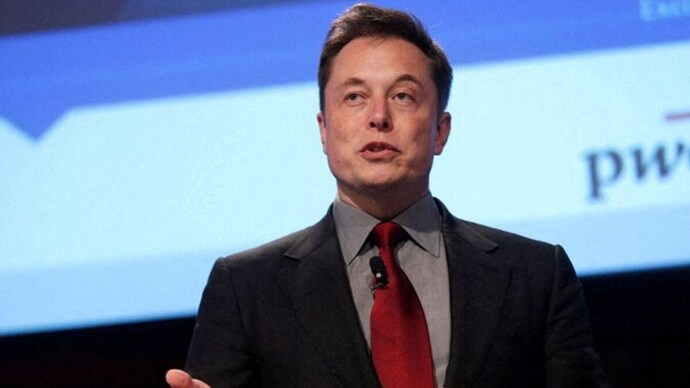SpaceX founder Elon Musk’s decision to deny Ukraine access to Starlink’s internet services for a planned surprise attack on Russian forces in Crimea last September has raised a broader question: Should the U.S. military be more explicit about the potential use of purchased services or products in wartime? This query was voiced by Air Force Secretary Frank Kendall on Monday.
The controversy came to light in excerpts from a new biography of Musk, as reported by The Washington Post last week. According to these accounts, Ukrainian officials had asked for Starlink’s support to carry out an attack on Russian naval vessels docked at Sevastopol in Crimea, which Russia annexed from Ukraine in 2014 and claims as its own territory. Musk declined, citing concerns that such an attack might provoke Russia to retaliate with nuclear force.
At the time of this request, Musk was providing Starlink services to Ukraine free of charge, as a response to Russia’s invasion in February 2022. However, since then, the U.S. military has established an official contract with SpaceX to continue providing these services. The Pentagon has not released details about the contract’s terms or its cost, citing security concerns.
The broader issue at hand is that the Pentagon relies heavily on SpaceX for various operations, raising the question of what might happen if Musk or another commercial vendor were to refuse to provide services during a future conflict. Kendall addressed this uncertainty during a roundtable at the Air Force Association convention in National Harbor, Maryland.
“If we’re going to rely upon commercial architectures or commercial systems for operational use, then we have to have some assurances that they’re going to be available,” Kendall said. “Otherwise, they are a convenience and maybe an economy in peacetime, but they’re not something we can rely upon in wartime.”
SpaceX has other military contracts, including a project with the Air Force’s Air Mobility Command to develop a rocket ship that could quickly transport military cargo into conflict or disaster zones, potentially reducing reliance on slower traditional methods like aircraft or ships. General Mike Minihan, head of Air Mobility Command, emphasized the need for clarity about the full range of military applications for such technologies, without specifically naming SpaceX.
As the U.S. military increases its investments in space, there’s also growing concern about how to protect commercial vendors from liability in the event of launch failures or other mishaps, as well as whether the military should take responsibility for defending these companies’ assets, such as satellites or ground stations, if they are involved in military support during a conflict.















































